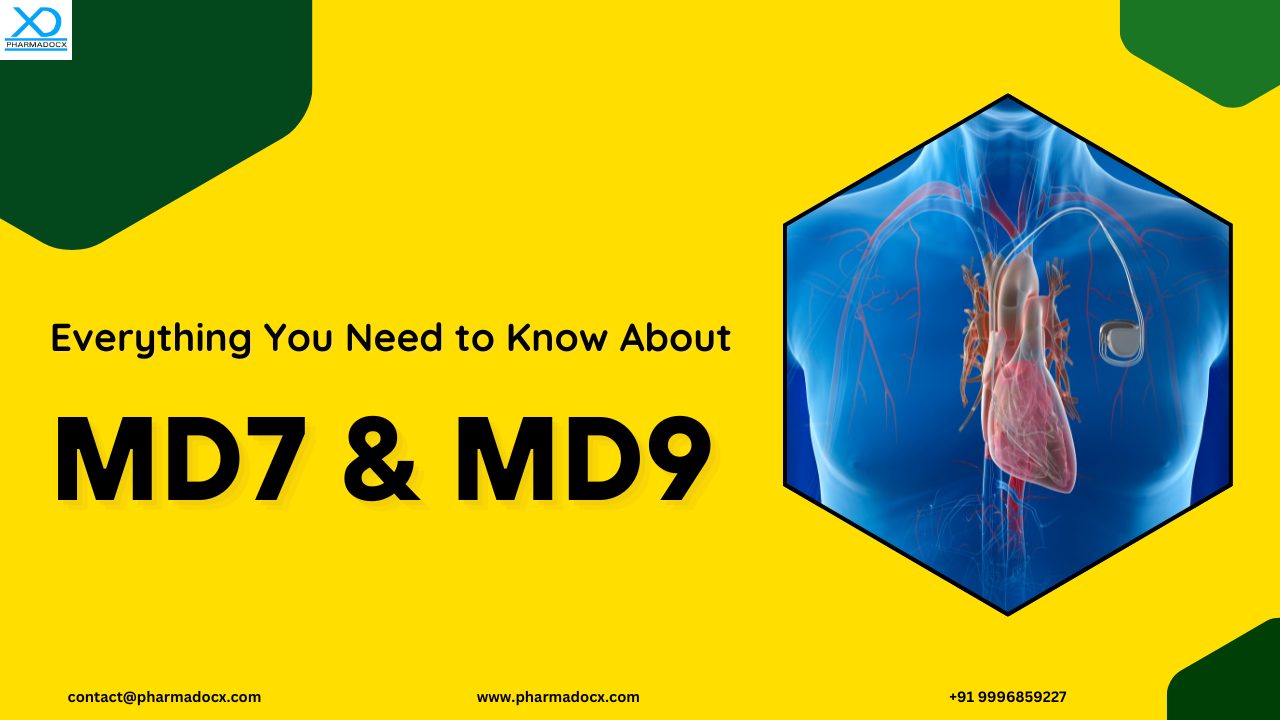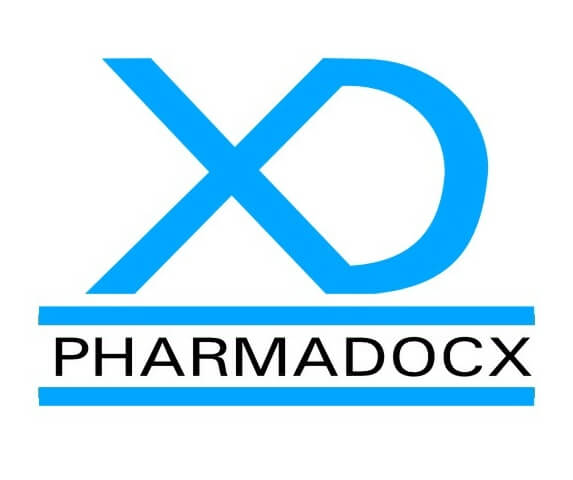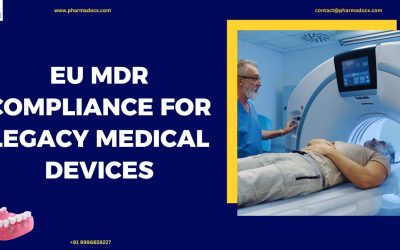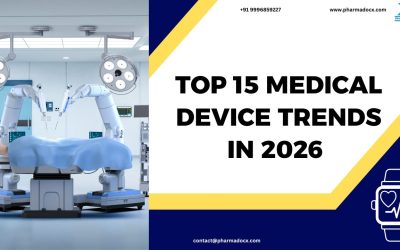The Central Drugs Standard Control Organization (CDSCO) regulates and controls medical devices entering the Indian market. Hence, medical device manufacturers will have to secure the CDSCO medical device manufacturing license to manufacture medical devices in India. Moreover, the CDSCO has categorised medical devices into various classes. The CDSCO medical device classification system aims to ease the licensing process for medical device manufacturers in India. Different medical device manufacturing license forms are available for the different CDSCO medical device classes. Depending on the CDSCO class to which their device belongs to, manufacturers will have to choose the license application form. Furthermore, different medical device manufacturing licenses are granted for different CDSCO classes. MD5 and MD9 are the two types of medical device manufacturing licenses issued. In this blog, we will focus on MD9 and its application form MD7. We will discuss the regulatory frameworks for CDSCO MD7 and MD9.
What is the CDSCO medical device classification system?
Prior to diving into what are CDSCO MD7 and MD9, let us understand what is the CDSCO medical device classification system.
Based on certain parameters, such as risk level and intended use, medical devices are grouped into specific classes. The classification system is sorted from the lowest to the highest risk. The medical device classification helps determine the regulatory pathway and requirements for market authorization of medical devices. Furthermore, the manufacturer can fill in the registration and licensing paper work depending on the CDSCO class to which their device belongs to. Notably, the CDSCO medical device classification list has been prepared mainly for the ease of certification, registration, and licensing purpose. Additionally, the manufacturer can easily determine which regulatory guidelines will be applicable to their device depending on its CDSCO class. Based on the risk level, medical devices are divided into the following four classes.
CDSCO medical device classes:
- Class A: These are low-risk medical devices having the least potential for harm. Additionally, they are mostly intended for external use. Examples: gloves, elastic bandages, hot water bags, sphygmomanometer, absorbent cotton, and walking aids.
- Class B: These are low to moderate-risk medical devices having moderate potential for harm. Additionally, they can be intended for external or internal use. Examples: syringes, hypodermic needles, surgical instruments, suction equipment, thermometer, catheter, blood glucose monitoring devices, nebulizers, blood pressure monitoring devices, and other diagnostic equipment.
- Class C: These are moderate to high-risk medical devices having significant potential for harm. Additionally, these devices can be life sustaining and may even be implantable devices. Examples: cardiac stents, implantable devices, X-Ray machines, infusion pumps, MRI machines, ventilators, bone plates, and powered wheelchairs.
- Class D: These are high-risk medical devices having the highest potential for harm. Additionally, these devices maybe critical for life support or sustenance. Examples: drug-eluting stents, implanted pacemakers, artificial joints, and heart valves.
What are CDSCO MD7 and MD9?
CDSCO MD7 and MD9 apply to both Class C and D medical devices. These classes of devices are associated with significant risk levels. Thus, specific regulatory guidelines have been formulated for Class C and D medical devices. These guidelines are required to ensure safe, effective, and high-quality medical devices enter the Indian market. Moreover, these regulations are required to safeguard the interests of the Indian patients and improve the quality of healthcare delivered in India. The regulatory pathways for Class C and D medical devices are mentioned under the CDSCO MD7 and MD9 guidelines.
MD 9 is the license for manufacturing Class C and D medical devices for sale and distribution in India. The application for the MD9 license is filed under Form MD7. Class C and D medical device manufacturers are mandatorily required to secure the MD9 license to legally manufacture and sell their devices in India. Furthermore, the MD9 license will remain valid indefinitely unless suspended or cancelled by the authorities. However, the CDSCO license retention fee has to be paid every five years or else it will be revoked. Additionally, in case of license suspension or cancellation, an appeal can be made within 45 days.
Supporting documents required for CDSCO MD7 and MD9 license
- Residence proof and id of the manufacturer
- Device Master Files
- Plant Master Files
- Manufacturing premises ownership or rental proof
- Documents and details of technical staff
- List of products
- Fire and pollution NOCs
- Manufacturing facility layout
- Details of the machine and equipment to be used in the factory
- Trademark certificate
- GST certificate
The above list provides an overview of the supporting documents required for CDSCO MD7 and MD9 license. For a detailed list of documents required, feel free to get in touch with us. Additionally, we provide document preparation as well as compilation service. Moreover, the documents have to be prepared as per regulatory guidelines for the MD9 license application to process easily. Avail our MD9 license document preparation service for a smooth MD9 license application process.
CDSCO MD7 and MD9 license application process
- Register or login to the online portal.
- File the application for MD9 license under MD7. Details, such as device’s classification, brand name, intended use, and a detailed product description, will be required. Duly fill the form.
- Upload the supporting documents mentioned above.
- Pay the required CDSCO MD9 license application fees.
- Once all the required documents are submitted and fees are paid, you will receive an application number. This number confirms the successful submission of the application.
- CDSCO will review the MD9 license application and verify all the supporting documents submitted.
- CDSCO may send queries and seek clarifications. Proper query response has to be provided.
- CDSCO regulatory officials will inspect your manufacturing facility for compliance with GMP guidelines and other regulatory standards. They may raise queries regarding discrepancies. These queries will have to be resolved. Corrective actions for the discrepancies have to be implemented.
- CDSCO officials will perform a final check on the documents and corrective actions
- If all the criteria are satisfied, the CDSCO officials will grant the license. The MD9 license will permit medical device manufacturers to manufacture Class C and Class D medical devices in India.
Pharmadocx Consultants: Your trusted regulatory partner
The CDSCO medical devices license application process is complex and difficult to navigate. The Pharmadocx Consultants team is well-versed with the nuances of CDSCO guidelines and the Indian Medical Device Regulation. From initiating the applicant registration to post-license approval support, we are with you at every step. Our comprehensive service ensures that no detail, however minute, is overlooked. We have a customer centric approach and tailor our services to meet your specific needs.
Our team of experts provides consultation services for all types of medical device licenses, including CDSCO MD7 and MD9 license. We will be more than happy to help you navigate this complex license application process. Furthermore, our support does not end with the license approval. We offer post-license grant support, by assisting with license renewals. Moreover, our competitive pricing ensures you get the best services at prices that will fit in your budget. To obtain manufacturing, import, and test licenses, feel free to drop an email at [email protected] or call/Whatsapp on 9996859227. We will ensure that your application aligns perfectly with the regulatory requirements, thereby increasing the chances of a swift approval.





